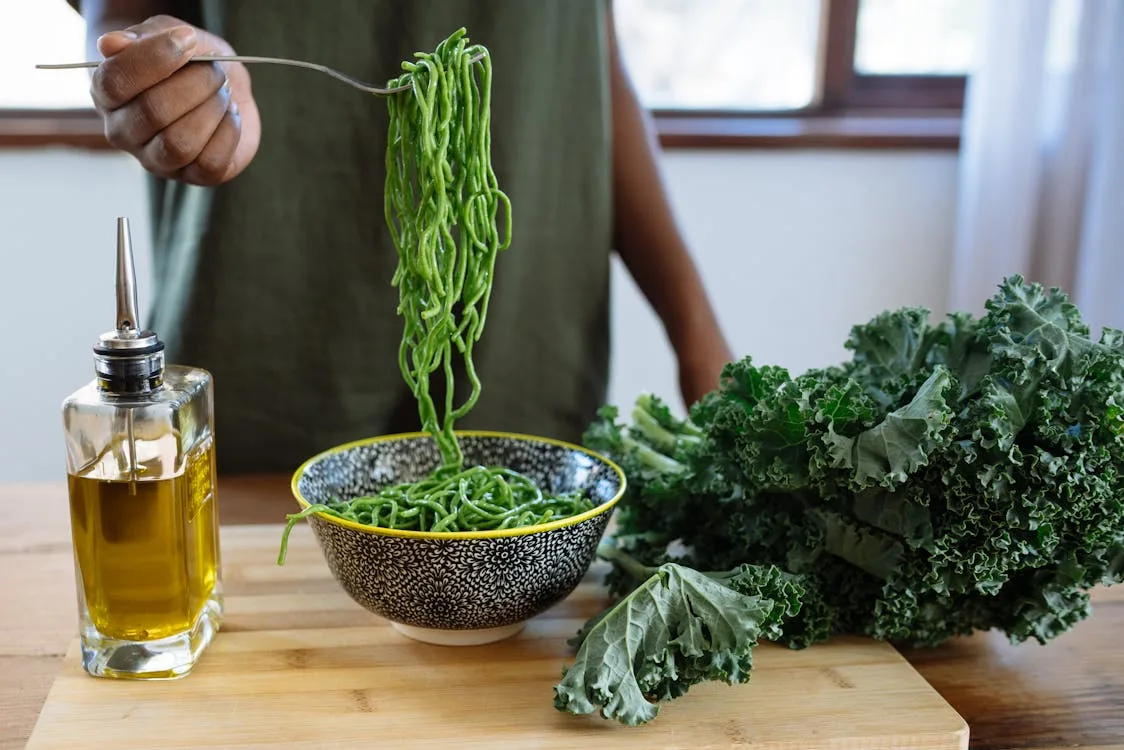3 minute read
More and more people are picking up the keto lifestyle as a way to improve their health, stay in shape and generally move away from ultra-processed foods which otherwise dominate the food market today.
If you want to give it a try but you’re worried about the sustainability of the keto diet, read up on the following tips and you’ll see how easy it is to be green and lean at the same time.
Eco-Friendly Ingredient Choices
To live the keto lifestyle conscientiously, first it’s sensible to opt for organic and sustainably farmed produce from nearby suppliers. Doing so lets you minimize your carbon footprint, and since agriculture accounts for 10.6% of all emissions, this really makes a difference.
Also:
- Choose grass-fed meats over conventional options.
- Include nuts sourced from responsible farms.
- Prioritize seafood labeled as sustainable by organizations like the Marine Stewardship Council.
Supporting local farmers markets is both sustainable and often ensures fresher, more nutrient-rich ingredients are in your refrigerator. And a greener plate benefits both you and the environment in the long-term.
Smart Meal Planning to Reduce Waste
Thoughtful meal planning can effectively reduce food waste while sticking to your keto regimen. With a weekly menu, you can cut down on impulsive grocery shopping and also ensure all purchased ingredients find their way into meals.
Tips include:
- Prep versatile ingredients for multiple dishes.
- Store leftovers in clear containers to prevent spoilage.
- Freeze extra servings for quick future meals.
For convenience, there are even meal kit services that include varied and tasty keto dishes to choose between. These come with pre-measured portions and also minimize unnecessary packaging waste while keeping your diet exciting and balanced.
Reusable and Compostable Packaging Solutions
Embracing sustainable packaging aligns perfectly with an eco-conscious keto lifestyle. Opt for reusable containers when storing or transporting food, reducing single-use plastics.
Consider:
- Beeswax wraps as a sustainable alternative to cling film.
- Glass jars for pantry staples and leftovers.
- Stainless steel lunch boxes for on-the-go meals.
Compostable packaging also plays a role in cutting waste. Choose products wrapped in biodegradable materials to minimize landfill contributions. You can even set up a home composter to get the full eco benefits of this.
Incorporating Seasonal Foods in Keto Meals
Using seasonal produce will boost your keto diet’s variety and reduce its environmental impact by cutting down on transportation emissions. Seasonal ingredients are also fresher and often more affordable.
Ideas include:
- Incorporate autumn squash into creamy soups.
- Toss spring asparagus with almonds for a crunchy salad.
- Grill summer zucchini alongside grass-fed steaks.
Purchasing fruits and vegetables at their peak ensures you enjoy them at their most flavorful, offering a naturally sustainable approach to meal planning. This connection to the seasons can inspire new dishes while keeping your carbon footprint light year-round.
Wrapping Up
Whether you’re a committed chef and you buy all the ingredients for your keto lifestyle, or you stick with a meal kit service to do the heavy lifting, it’s clear that this can be a sustainable habit to get into. If you’re still not convinced, the best way to put this to the test is by eating keto food for a week, and taking it from there.





